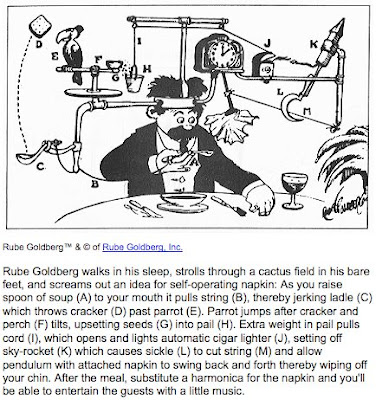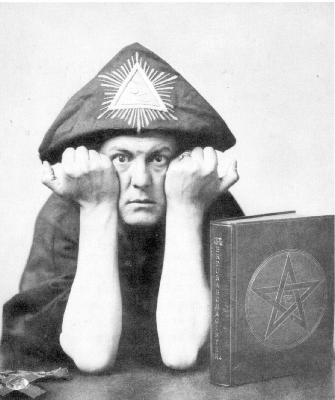Hermes wrote:When I look at ethical dilemmas (the only ones I really care about), it seems to me that real life problematizes the opposition that language makes convenient (with words like good and evil, love and hate, positive and negative, etc.). Another problem that arises is the contrast between the individual and the universal, which in some cases is insuperable (as far as I can tell):
what means you by using "problematizes"?
if you are proposing that the individual and universal are both contrast-able and yet are inseparable then wherein lies the "problem" ?
is the "problem" not, in your view, the consideration which may be that contrast and inseparable even exist?
Hermes wrote:there are some problems which only I can solve for myself, and it would be folly for me to expect anyone else to give me final, actionable answers (such as many of us routinely demand from priests, prophets, politicians, divinity, or ideology).
for example, which problems?
At what point are suggesting that this "disconnect" occurs?
I mean, all human beings solve the hunger problem the same way - they eat....they all solve the respiration problem the same way - they breathe....they all solve the exhaustion problem the same way - they sleep....
so - how is it possible that, suddenly, there is a human condition that is unique and only unto one particular individual?
Hermes wrote:I think Pirsig is interesting (even if he isn't right about everything: how could he be, offering a theory of everything?), much as the early Presocratics are (along with other thinkers in what some have called mystical traditions). But there is a certain practicality in their "mystical" worldviews that often escapes notice. To me it seems that they accurately describe what happens to me routinely as I notice the world, separate it into ideas that I can manipulate, and then readjust as my ideas prove inadequate to cope with ongoing experience. For years I tried not to notice this process. I tried to make my experience stop with the "correct" (true) concepts in place. Mistakes were an indication that the world was wrong rather than proof that I needed to re-evaluate my worldview, scrapping or at least questioning the bits that kept on giving me grief. Today, I retool and scrap concepts much more easily (recognizing their inherent fragility rather than trying to make them permanent the way I used to).
are you suggesting that your mind - no! your being - is some sort of complex Rube Goldberg machine?

Hermes wrote:Talk is cheap. Thought is even cheaper. I used to think the opposite. I used to obsess over saying and thinking only the "right" things. Then I realized that I couldn't help speaking and thinking mostly nonsense, most of the time, and that there was no way I was going to reduce that to a perfect stream of lucid truth. That is the greatest revelation of my faith journey (to date).
are you suggesting that you make conscious decisions to not make conscious decisions?

